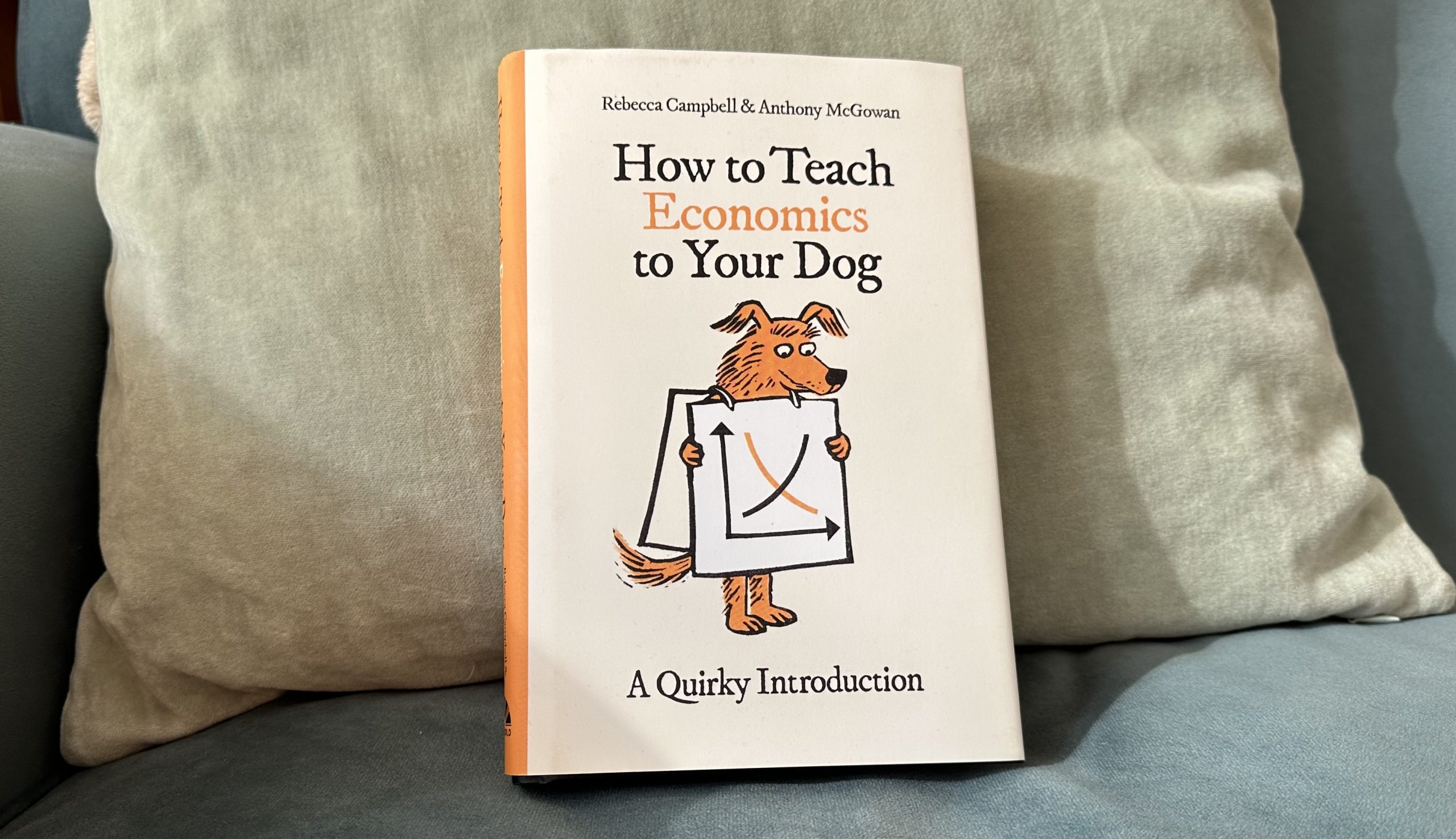
In the years immediately following the second World War, an Australian GP Joseph Collings observed 55 non-randomly selected English practices. He had prior experience of the Canadian, US and New Zealand healthcare systems, but viewed English general practice with fresh eyes. The NHS had been established just short of six months prior to the start of his observational data collection. His damning report was published in the Lancet in 1950.1
One must only catch a glimpse of the news to realise that GPs are clearly still working within a system that is not fit for purpose.
One must only catch a glimpse of the news to realise that GPs are clearly still working within a system that is not fit for purpose. Blame is often targeted at the system rather than individuals working within the NHS.2 Though society has changed and as such, so too have the specific challenges; this firefighting approach is clearly not new, illustrated by Collings’ words in 1950: ‘It is neither my purpose nor my desire to defame the overworked and often conscientious doctor who has to suffer the indignities of this way of working.’1 The goodwill of healthcare workers to keep showing up and providing care to the best of their ability despite working in a ‘broken’ system seems infinite at this point. However, unfortunately we know all too well that it cannot be, and something must give.
In the mid-1900s, the role of the GP was already up for debate, and the GP had seemingly been knocked off their perch by increasing specialisation and fragmentation of the healthcare service. Collings suggested that we should ‘firmly resist the conclusion that therefore we must keep on fractionating and specialising’, and considered patients to receive better care with a single GP than ‘any highly developed service depending chiefly on hospitals and specialists’.1 An editorial published in the Lancet in 1949 put forward the economic argument for community-based care, highlighting the pathway from least to most expensive care: from prevention to community care then hospital-based care.3 Again, we all appreciate this today, yet are still passively observing, somehow rendered immobile, as the system is segregated into tiny pieces.
We are all familiar with the soundbite that general practice provides a significant proportion of care but receives a pitiful, and incongruent, fraction of the NHS budget. In 2017, general practice received 8.1% of said budget, which was reportedly considerably less than a decade prior.4 Even post-World War II, general practice was bending to the whim of growing specialist, hospital-based services, which in turn ‘resulted in the decline rather than the progressive evolution of general practice, and in wide departure from both the idea and the ideal of family doctoring’.1 Hospital-based specialist services were developed in order to compensate for perceived deficiencies in general practice; which again left GPs with progressively fewer resources and strategies to develop resilience within their own setting.3 Collings predicted the decline of the GP’s role, and stated that ‘if it continues it is bound to result in over-compensation, unnecessary expense, further dehumanising of medical care, and ultimately the elimination of the general practitioner as a responsible person.’1
I am not sure that I could articulate what a GP is clearly, when considered within the NHS primary care system, and I am GP.
Collings proposed that care should be integrated rather than fractionated. He suggested that continuity ‘cannot be achieved unless the general practitioner assumes high-level responsibility in a wide range of activities’, emphasising the central, and respected, role that a GP must assume to effectively coordinate and experience continuity with their patients. This hinges on successful interprofessional and interdisciplinary communication, and consistent recognition of the GP as a key player in a patient’s illness journey. Collings did not view the GP as an island and the ‘be all and end all’, but rather as an important cog in the healthcare system wheel. The increasingly multidisciplinary nature of today’s primary care system means that this point is evermore essential. It is more evident now than ever that an individual GP cannot usually be the ever-present failsafe that binds a practice together, but somehow the interdisciplinary workings and systems of a practice must provide this same assurance.
Society in the post-War era apparently held a polarised perspective on the GP. Some considered them an ‘appendage to the hospital service’,3 and some as a central, key figure in the healthcare system with an important function in their own right. Clearly these creases are yet to be ironed out, and healthcare cannot be effectively planned and delivered without a consistent and coherent definition of the GP’s role within the system. According to Collings, we lost the ‘family doctor’ longer ago than we perhaps realise, but still its ‘stability and reputation rest largely on this identification’.1 I am not sure that I could articulate what a GP is clearly, when considered within the NHS primary care system, and I am GP. Yes, as a profession we are good at dealing with uncertainty, but I think this takes us into the realms of unfeasibility. Collings shared the view of many jobbing GPs today; that ‘this deliberative task should, in the first instance, be undertaken by the people most concerned, namely ‘ordinary’ general practitioners’,1 i.e., those on the front-line who understand the needs of patients and colleagues.
References
- Collings J. General Practice in England Today: A Reconnaissance. The Lancet. 1950:555-85.
- Couchman E. Blame game. BJGP Life. 2023. https://bjgplife.com/blame-game/
- The Collings Report. The Lancet. 1950;255(6604):547-9.
- BMA. Investment in general practice 2022 [Available from: https://www.bma.org.uk/advice-and-support/nhs-delivery-and-workforce/funding/investment-in-general-practice.
Featured photo by Andrea Cipriani on Unsplash








